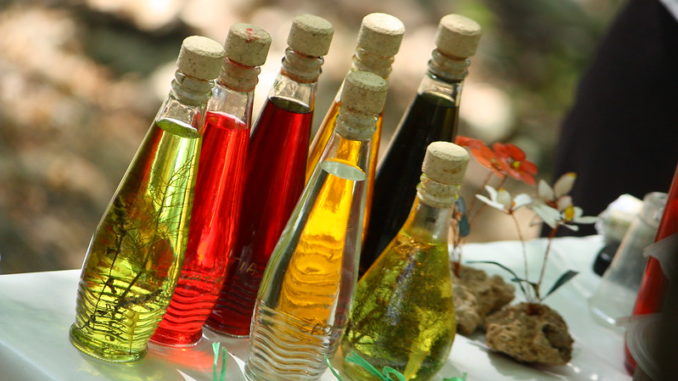
While a small amount of inflammation can be a good thing when it is associated with the healing process, chronic inflammation may lead to damage of the heart, brain, and other organs in the body. Plus, chronic inflammation is either a cause or associated with many different diseases that includes cancer, Alzheimer’s disease, heart disease, and more.
Tips on How to Reduce Inflammation
The first tip is to learn about the foods that either lower the chances for inflammation or increase them. Your diet should consist of foods that help lower inflammation risk. Keep in mind that such foods will not interfere with acute inflammation which promotes healing after an injury. Instead, it addresses chronic inflammation that can lead to several health problems.
What follows are a few simple tips that will help you lower the chances of chronic inflammation in addition to changing your diet.
- Get plenty of exercise
- Get the right amount of sleep
- Limit napping during the day to short sessions of 15 – 30 minutes at most
- Reduce stress
In addition to these tips, what follows are some of the foods that you should add to your diet. Start with small changes first and then add more as you get used to the anti-inflammatory foods. That will help you develop a lifelong diet that will help reduce chronic inflammation.
10 Foods That Can Help Decrease Inflammation
1) Carrots:

Carrots contain zeaxanthin and lutein which are antioxidants that can reduce the chances of developing certain forms of cancer. But what carrots are really known for is beta-carotene which turns into Vitamin A. Carrots are also low in calories and a good source of fiber, making them the perfect addition to your diet if you are trying to lose weight.
2) Salmon:
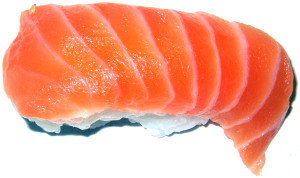
You can find plenty of omega-3 fatty acids which offer plenty of protection for the cardiovascular system. In fact, salmon contains more omega-3 fatty acids compared to any other fish. Because it is so good for the heart, salmon is also quite good at lowering inflammation.
In addition, consuming salmon and other fish that are high in omega-3 fatty acids such as sardines and mackerel can help keep inflammation in check along with the bad cholesterol.
3) Avocados:
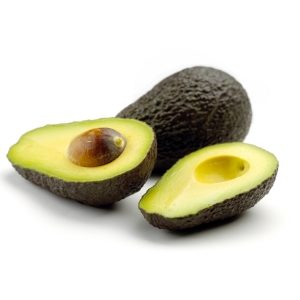
One of the more common foods used in anti-inflammatory diets, avocados are loaded with healthy fats that help reduce inflammation. They also contain plenty of potassium, magnesium, and fiber. When you add in the numerous vitamins that avocados contain, a couple of slices can really help you reach your dietary goals.
It’s generally best to add slices of avocados to sandwiches or create a guacamole dip. Being low in sodium helps as well.
4) Broccoli:
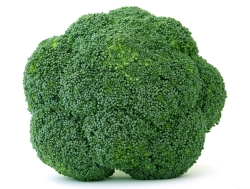
A food that many people avoid because of its taste, broccoli contains plenty of plant-based antioxidants that can work wonders with your body. An excellent source of Vitamins A and C, calcium, and potassium, this food can really help lower the effects of chronic inflammation. You can eat them raw or cooked but add seasoning if you are still not a fan of the taste.
5) Almonds:
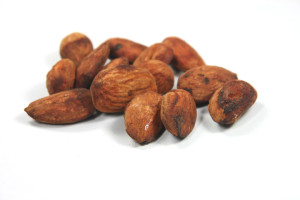
Those who regularly consume almonds can reduce their risk of heart disease. In addition, the balance of fatty acids in the blood may be improved as well. One aspect of almonds that often gets overlooked is how they make you feel fuller after consuming a handful of them.
Almonds are also an excellent source of plant protein and magnesium. However, because almonds contain more calories that many other nuts, it is recommended that you only consume them a handful or two per day.
6) Olive Oil:

It is well-known that olive oil is cardiovascular-friendly thanks to its monounsaturated fats. This helps protect your blood vessels, lowers cholesterol, and even the polyphenols help protect the body against certain forms of cancer. But what it does do is help to lower inflammation. It’s not the best for cooking oil, but you can use it on salads and on vegetables as side dishes.
7) Blueberries:
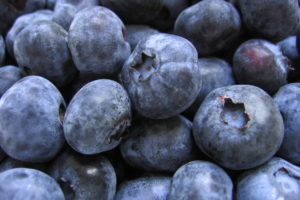
One of the best anti-inflammatory foods, blueberries contain plenty of antioxidants that help prevent heart disease and certain cancers. Plus, they help to minimize the effects of free radicals in the body which cause premature aging. Because they are low in calories, contain plenty of Vitamins C and E, and have lots of fiber, blueberries are a great addition to your daily diet. It certainly helps that they taste great as well.
8) Kale:
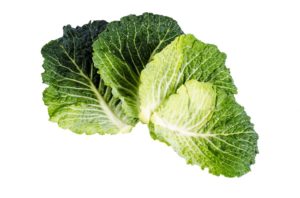
If there is one healthy food that has garnered more attention in recent years, it is kale. Kale pretty much has everything needed for a healthy diet. From its rich mixture of vitamins, calcium, potassium, iron, and magnesium, kale also has plenty of fiber as well.
Plus, kale offers zeaxanthin and lutein which helps lower the risk of macular degeneration and cataracts. Add to this the glucosinolates that may help in preventing cancer and you have one powerful food which lowers inflammation as well. You can add kale to your meals, such as salads or kale chips which are quite popular.
9) Oranges:
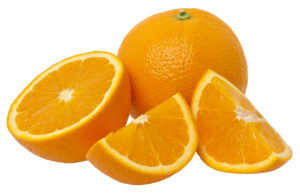
Oranges are well-known for being a healthy source of Vitamin C. But they also contain folate, calcium, and fiber that helps keep your heart healthy. Vitamin C is important for the function of your immune system. Which is why they are an excellent choice when finding foods that reduce inflammation.
You can add oranges to your breakfast as so many around the world do. But you can also eat them as a snack or part of your dessert. Oranges are tasty and quite good at lowering inflammation.
10) Dry Beans:
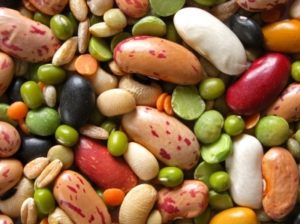
These are beans which include kidney, navy, pinto, and black beans. You can find plenty of plant-based proteins in dry beans along with B-complex vitamins, Vitamin K, and minerals. What helps make dry beans an important part of your diet is the fiber that they contain which helps you feel fuller and keeps the digestion process on track.
For vegetarians, the protein found in dry beans offers a perfect substitute for beef and non-vegetarian choices. Reducing inflammation is another important part of what dry beans can do for you.


Be the first to comment